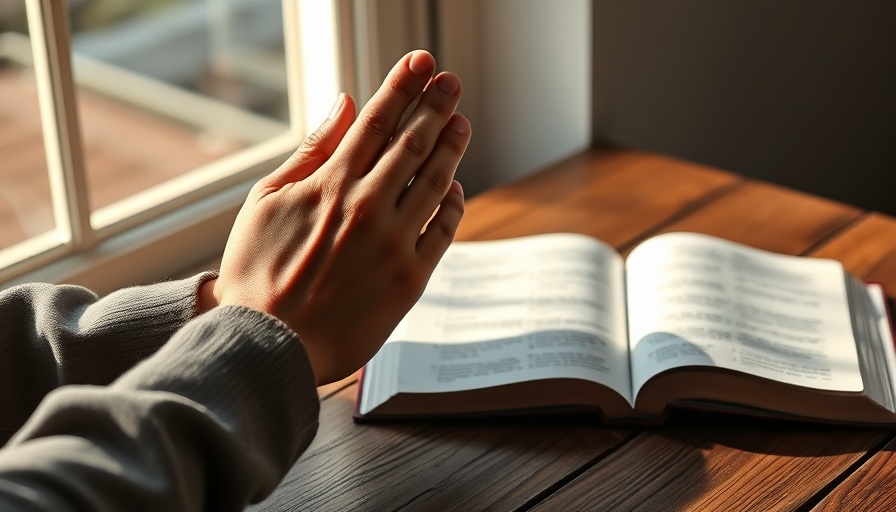
Understanding the Controversy Around Council Prayers in Darbisha
Recently, the Darbisha County Council sparked a significant debate by incorporating prayers into its full council meetings. This decision has drawn criticism from the National Secular Society (NSS), which labels the move as disappointing and regressive. The NSS argues that such actions could alienate members of the community who do not identify with religious beliefs, especially as the population becomes increasingly secular.
In 'NSS upset by council prayers', the discussion dives into the conflict surrounding religious practices in public governance, offering insights that fuel our deeper analysis.
The Role of Religion in Public Spaces
The discussion surrounding council prayers is not simply about a few minutes of spoken devotion; it touches on the larger question of the role of religion in government and public institutions. In many parts of the UK, the integration of prayers into local government proceedings has become a contentious issue. Proponents believe that it nourishes community spirit and fosters goodwill, while critics argue that it breaches the principle of secular governance.
A Secular Perspective on Religious Inclusion
The NSS's perspective reflects a growing sentiment in diverse communities where religious diversity is the norm. As the population of Darbisha becomes more diverse, driven by both religious and non-religious identities, a motion that might seem harmless to some could be perceived as exclusionary to others. The NSS maintains that any form of religious worship in governmental practices undermines the secular nature of the state and risks marginalizing non-believers.
Welcoming the Decision: A Christian Response
On the other hand, the Christian Institute, represented by Kieran Kelly, embraces the council's decision. Dismissing the concerns raised by the NSS, Kelly argues that this is merely another example of aggressive secularism seeking to sideline Christianity from the public domain. Christian advocates like Kelly see the inclusion of prayer as a reaffirmation of faith in public life, reflecting the values that many citizens still hold dear.
Broader Implications of the Controversy
This situation in Darbisha is not merely local; it resonates with a wider trend of balancing faith and public governance in many western nations. Increasingly, communities are grappling with what it means to uphold Christian values without alienating those who may not share the same beliefs. Understanding this balance is critical for fostering dialogue and ensuring that all community members feel included.
Looking Ahead: Navigating Faith and Governance
As the dialogue continues, it prompts us to consider future implications not just for Darbisha but for communities across the globe. With rising secularism, how can councils in both urban and rural settings ensure that everyone feels represented? Ultimately, the question remains: How do we honor diverse beliefs while also maintaining traditions that are important to many? This is a delicate dance that will require empathy, dialogue, and ongoing reflection from all parties involved.
Join the Conversation
The recent developments in Darbisha County Council regarding prayers in meetings exemplify a rich dialogue worth engaging in. Whether you support or oppose this initiative, your voice contributes to the shaping of community values and governance. We encourage you to reflect on how you can discuss these topics with fellow community members, for understanding has never been more vital in our increasingly diverse societies.
 Add Row
Add Row  Add
Add 








 Add Row
Add Row  Add
Add 

Write A Comment